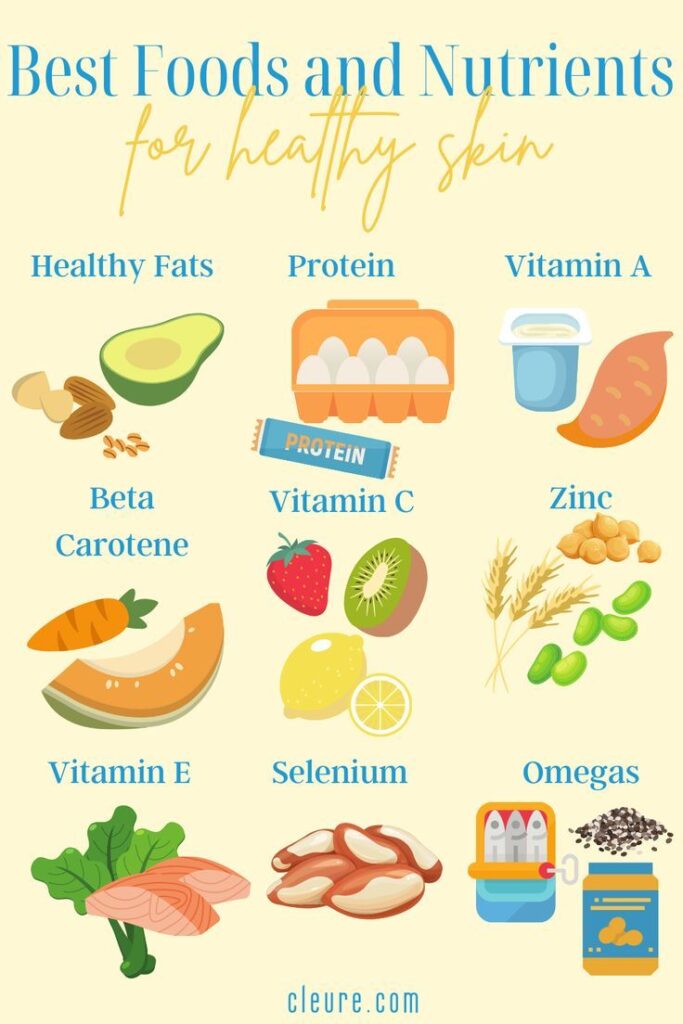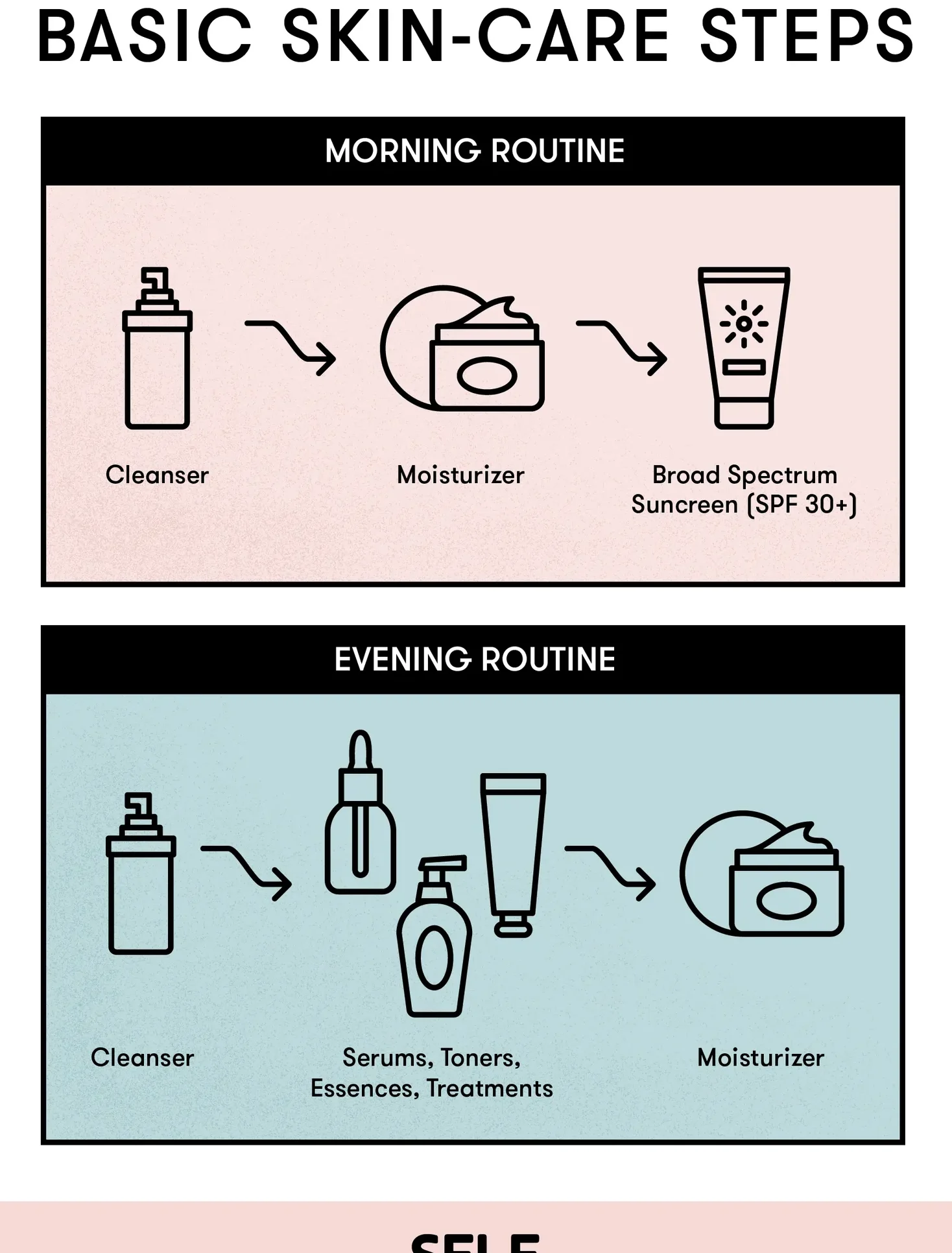Having glowing skin is something many people desire. It is often seen as a sign of health, youth, and vitality. People go to great lengths, spending money on skincare products, beauty treatments, and even supplements, hoping for that radiant glow. But do supplements really have a significant impact on your skin? Are they essential for achieving glowing skin, or can natural skincare routines and a balanced diet suffice? This article explores the science behind glowing skin and evaluates whether supplements are necessary.

Understanding Glowing Skin
Before delving into whether supplements are necessary for glowing skin, it is essential to understand what “glowing skin” actually means. Glowing skin refers to skin that appears healthy, vibrant, and youthful. It has a smooth texture, is well-hydrated, and is free from noticeable blemishes or dullness.
Skin health is influenced by many factors, including genetics, diet, environmental exposure, and skincare routines. For most people, maintaining glowing skin requires a combination of these factors. Although topical skincare products like moisturizers, cleansers, and sunscreens are vital, the role of diet and supplements cannot be overlooked.
The Role of Nutrition in Skin Health
Your skin is the largest organ in your body, and just like the other organs, it needs adequate nutrition to function properly. What you eat directly impacts the health of your skin. A diet rich in essential nutrients can lead to improved skin texture, reduced acne, and even a more youthful appearance. Conversely, a poor diet can contribute to dull, dry, and acne-prone skin.
Key Nutrients for Skin Health
Several key nutrients play a role in keeping your skin glowing. Let’s look at some of the most important ones.
1. Vitamin C
Vitamin C is a powerful antioxidant that helps protect the skin from environmental damage, such as pollution and UV rays. It is also vital for collagen production, a protein that keeps skin firm and smooth. Collagen is essential for maintaining skin elasticity, which reduces the appearance of wrinkles and sagging. A deficiency in vitamin C can lead to dry, rough skin and increased wrinkles.
2. Vitamin E
Vitamin E is another antioxidant that helps protect the skin from free radical damage. It is often used in skincare products for its moisturizing and anti-inflammatory properties. Additionally, vitamin E has been shown to reduce the appearance of scars and improve overall skin texture.
3. Omega-3 Fatty Acids
Omega-3 fatty acids, found in fatty fish, flaxseeds, and walnuts, help maintain the skin’s lipid barrier. This barrier is crucial for locking in moisture and protecting the skin from harmful irritants. Omega-3s can reduce inflammation, which is often a factor in conditions like acne and eczema.
4. Zinc
Zinc is an essential mineral for skin health. It supports the immune system and helps regulate the production of oil in the skin. Zinc deficiency can lead to acne, eczema, and other skin conditions. It also plays a crucial role in wound healing, which is essential for maintaining clear, healthy skin.
5. Biotin
Biotin, a B-vitamin, is important for maintaining the health of your skin, hair, and nails. A biotin deficiency can lead to dry, flaky skin and hair loss. Biotin is commonly found in eggs, nuts, and whole grains.

How to Incorporate These Nutrients into Your Diet
The best way to ensure you’re getting enough of these essential nutrients is through a balanced diet. Focus on eating a variety of colorful fruits and vegetables, lean proteins, and healthy fats. For example, citrus fruits, strawberries, and bell peppers are excellent sources of vitamin C, while almonds, sunflower seeds, and avocados are rich in vitamin E.
If you’re concerned that your diet may not be providing enough of these nutrients, you might consider supplements. However, it is always better to get vitamins and minerals from food sources, as they come with other beneficial compounds that may enhance absorption and effectiveness.
Supplements for Glowing Skin
Supplements have gained significant popularity in the wellness and beauty industry. People often turn to supplements with the hope that they will give their skin a glowing appearance. But how effective are they?
The Science Behind Skin Supplements
Supplements are often marketed as quick fixes for skin issues like acne, dryness, and wrinkles. However, their effectiveness varies depending on the supplement and the individual. Some scientific studies support the use of specific supplements for improving skin health, while others show limited or no benefit.
The most commonly used supplements for skin health include:
1. Collagen Supplements
Collagen supplements have gained a lot of attention in recent years for their potential to improve skin elasticity and reduce wrinkles. It is a protein that makes up a significant portion of the skin’s structure. As we age, collagen production decreases, leading to signs of aging like wrinkles and sagging skin.
Some studies suggest that taking collagen supplements can increase skin hydration and elasticity, which may help improve the appearance of aging skin. However, the research is still in its early stages, and more studies are needed to confirm the long-term benefits of collagen supplementation.
2. Vitamin D Supplements
Vitamin D is essential for overall health, and it also plays a role in skin health. Some studies have linked vitamin D deficiency with conditions like acne, eczema, and psoriasis. Since vitamin D is primarily obtained through sun exposure, individuals with limited sun exposure may benefit from vitamin D supplements.
While vitamin D supplementation may help improve skin health in those who are deficient, more research is needed to determine whether it has a significant impact on glowing skin for the general population.
3. Antioxidant Supplements
Antioxidants, such as vitamins C and E, are commonly found in skincare products and supplements. They help protect the skin from oxidative stress and reduce inflammation, which can contribute to acne and other skin conditions. Some studies show that taking antioxidant supplements can improve skin texture and reduce wrinkles, but the evidence is not yet conclusive.
4. Hyaluronic Acid Supplements
Hyaluronic acid is a naturally occurring substance in the body that helps keep skin hydrated and plump. It is often used in topical skincare products, but oral supplements containing hyaluronic acid have become increasingly popular for improving skin hydration and reducing wrinkles. Some research shows that hyaluronic acid supplements may enhance skin moisture levels, but more studies are needed to confirm these findings.
Are Skin Supplements Effective?
While supplements may help improve skin health in some cases, they are not a magic solution for glowing skin. A well-balanced diet, hydration, and a proper skincare routine are far more important factors for achieving radiant skin.
If you do decide to use supplements, it is essential to be aware of the dosage and potential side effects. Overconsumption of certain nutrients can lead to toxicity and other health issues. It’s always best to consult with a healthcare professional before adding supplements to your routine.

The Importance of Skincare Routine
While supplements may provide additional benefits, your skincare routine plays a crucial role in maintaining glowing skin. A consistent regimen of cleansing, moisturizing, and protecting your skin from the sun can go a long way in promoting healthy skin.
1. Cleansing
Proper cleansing is the first step in any skincare routine. It removes dirt, oil, and impurities from the skin’s surface, preventing clogged pores and acne. Choose a gentle cleanser that suits your skin type to avoid stripping the skin of its natural oils.
2. Moisturizing
Moisturizing is essential for maintaining skin hydration and preventing dryness. Look for moisturizers that contain ingredients like hyaluronic acid, glycerin, or ceramides to help lock in moisture and keep your skin soft and smooth.
3. Sun Protection
Sun protection is one of the most important steps in any skincare routine. UV radiation from the sun can cause premature aging, wrinkles, and skin cancer. Make sure to wear sunscreen daily, even on cloudy days or when indoors.
Conclusion
In conclusion, supplements can be helpful in supporting skin health, but they are not necessary for glowing skin. A well-balanced diet rich in essential vitamins and minerals, along with a proper skincare routine, is the foundation for healthy, radiant skin. Supplements may provide additional benefits, especially for individuals who are deficient in certain nutrients, but they should not be relied upon as a quick fix.
Always prioritize whole foods, hydration, and a consistent skincare regimen over supplements. If you’re considering taking supplements, consult with a healthcare professional to determine the best approach for your unique needs.
Remember, glowing skin is not just about what you put on your skin, but also what you put into your body. Healthy habits, consistency, and patience are key to achieving and maintaining glowing, beautiful skin.

